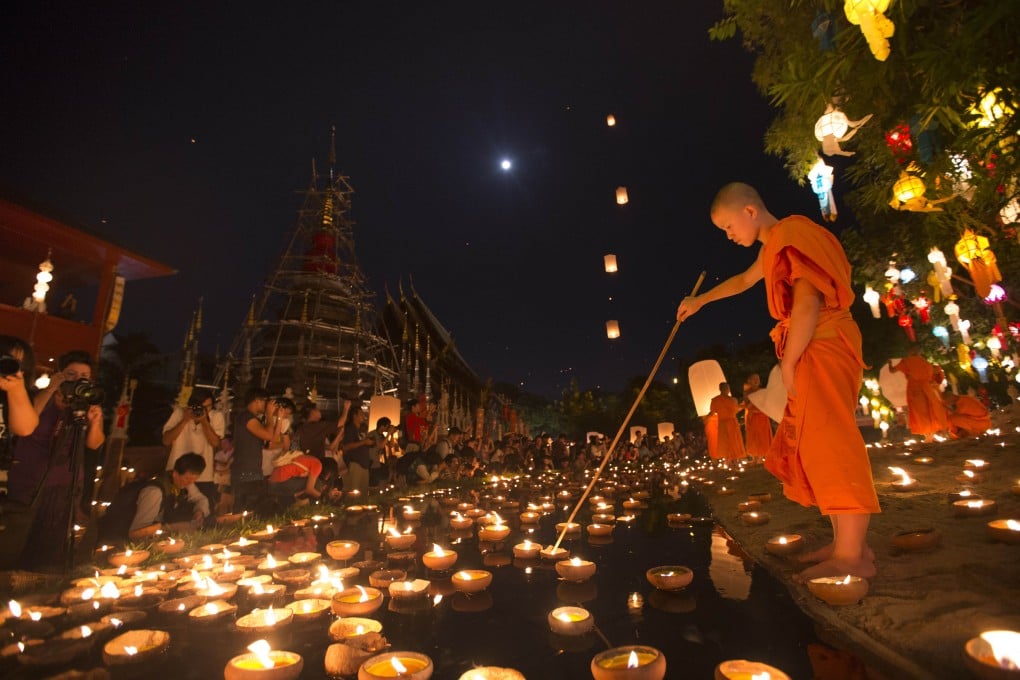As Chinese ditch package tours for DIY trips, online travel website Qyer sets up first foreign branch in North Thailand's 'cultural capital'

Chinese online travel website Qyer.com opened its first office overseas in the city of Chiang Mai, dubbed the cultural capital of North Thailand, on Friday as more tourists from China ditch wallet-friendly package holidays to create their own adventures amid an outbound tourism boom.
Apart from offering discounted flights and hotels, insurance, cruises and car rental services, the site takes a cue from social media and provides a shared travelogue platform, with experienced "DIY" travelers sharing their stories online.
The name of the company refers to those who travel on a tight budget. "Qy" stands for the Chinese characters qiong and you, or "poor" and "travel".
Some 76 per cent of Chinese tourists who ventured to foreign shores last year eschewed travel agencies to make their own arrangements, a report by Hotels.com showed.
Despite political turmoil, flooding and bombs in recent years that left parts of Bangkok alternately clogged with protestors, submerged in water or unsettled by the threat of violence, Thailand was the top foreign travel destination for Chinese in the first quarter of 2015, according to the China National Tourism Administration.